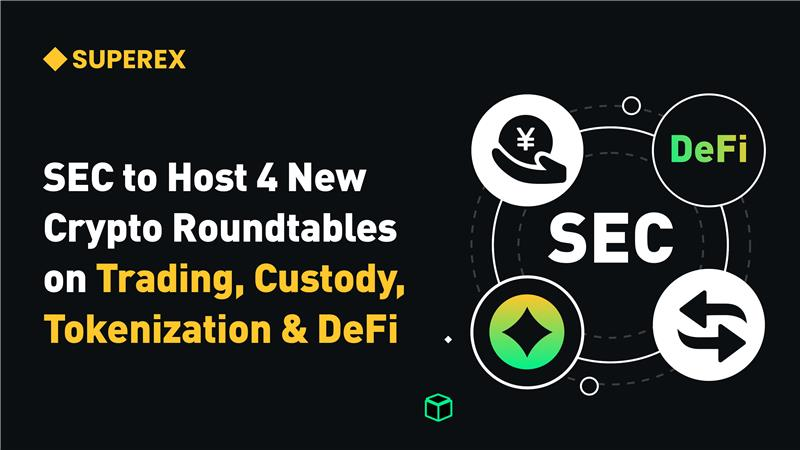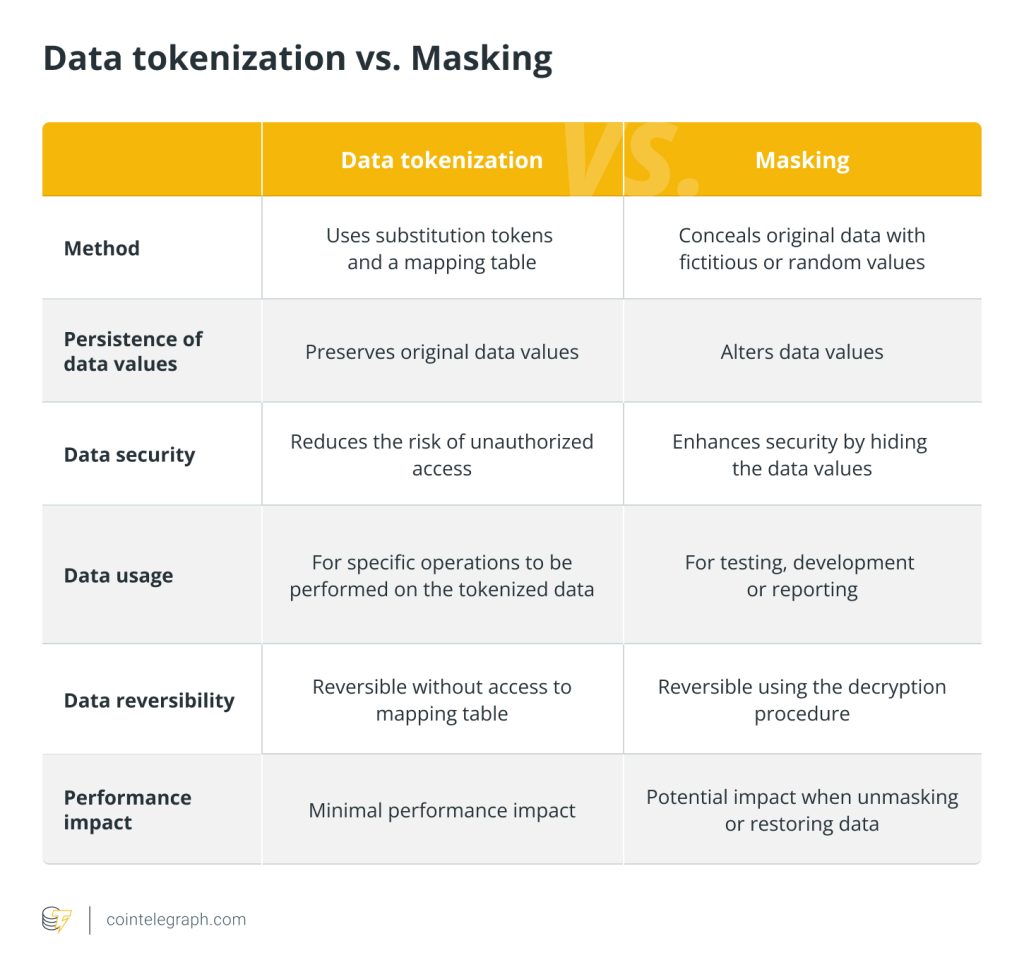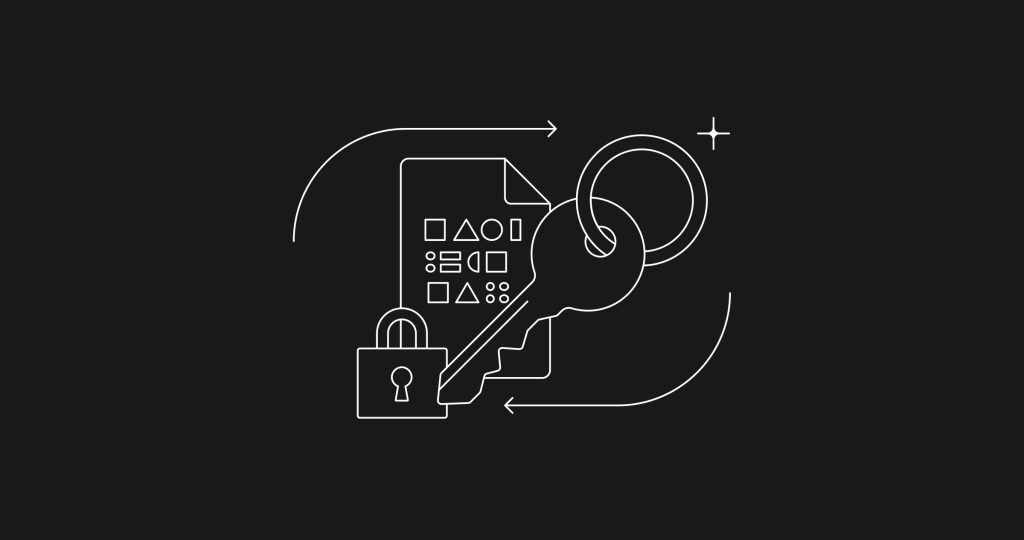SEC to Host 4 New Crypto Roundtables on Trading, Custody, Tokenization & DeFi

#SEC #DeFi #Tokenization
Last Friday, the U.S. Securities and Exchange Commission (SEC) held its first cryptocurrency roundtable. During the opening session, SEC Acting Chairman Mark Uyeda and Commissioner Hester Peirce acknowledged the need to collaborate on revitalizing the regulatory framework. Peirce openly stated, “I think we are ready to sprint into the future.” Here, the “future” refers to crypto finance, as she later mentioned the working group’s “Spring Sprint for Cryptocurrency Clarity” plan, expressing high expectations for the initiative.
This open dialogue marks a shift in the SEC’s attitude. From Trump’s push for implementing the U.S. crypto strategic reserve and the first White House cryptocurrency summit to the SEC’s first cryptocurrency roundtable, the transition in the governing style of both the SEC and U.S. leadership before and after Trump’s second presidential term has been significant. It is still vivid in memory that former Chairman Gary Gensler declared that most cryptocurrencies are securities and made enforcement his primary approach.
Industry insiders have called last Friday’s inaugural SEC cryptocurrency roundtable “the first step towards consensus between the SEC and the cryptocurrency industry.” However, during the two-hour meeting, the SEC and participants spent a substantial amount of time debating the decades-old Howey Test standard rather than outlining a clear regulatory path, leaving crypto practitioners who had high expectations feeling disappointed. Nonetheless, the SEC’s next move has reignited hope for achieving “consensus.”
- Click to register SuperEx
- Click to download the SuperEx APP
- Click to enter SuperEx CMC
- Click to enter SuperEx DAO Academy — Space

The SEC Plans to Hold Four More Cryptocurrency Roundtable Meetings
After hosting its first cryptocurrency roundtable on March 21, the U.S. Securities and Exchange Commission (SEC) plans to hold four more roundtable meetings, focusing on cryptocurrency trading, custody, tokenization, and decentralized finance (DeFi). According to a statement released by the SEC on March 25, the series of roundtable meetings organized by the SEC’s cryptocurrency working group are scheduled as follows:
- April 11: Second roundtable meeting — Topic: Discussing regulatory frameworks tailored for cryptocurrency trading.
- April 25: Third roundtable meeting — Topic: Compliance issues related to cryptocurrency custody.
- May 12: Fourth roundtable meeting — Topic: Tokenization and asset on-chain standardization.
- June 6: Fifth roundtable meeting — Topic: Decentralized Finance (DeFi).
The detailed agendas and speakers for each roundtable have not yet been announced. However, all meetings will be open to the public and can be attended either online or in person at the SEC headquarters in Washington, D.C.
Regarding the recent series of arrangements, Commissioner Peirce, head of the cryptocurrency working group, stated, “The cryptocurrency working group roundtable meetings give us an opportunity to hear robust discussions among experts, understand what the regulatory issues are, and explore what the Commission can do to address them.”
Regulatory Sandbox: Strategic Implications of the Four Roundtable Meetings
The four roundtable meetings planned by the SEC essentially represent the four pillars of building a cryptocurrency regulatory framework:
Trading Regulation (April 11)
The focus is likely to be on defining standards for “Qualified Contract Markets,” potentially requiring exchanges to:
- Implement circuit breakers similar to those in securities markets .
- Disclose market maker identities and token inventories to combat fake liquidity.
- Enforce an SEC version of the “Travel Rule” (tracking cross-platform transfers exceeding $10,000).
Custody Compliance (April 25)
In response to issues exposed by the FTX bankruptcy in 2023, including asset commingling, the following measures may be proposed:
- Mandatory segregation of assets through independent third-party custody (similar to traditional brokerage asset protection).
- Real-time proof-of-reserve auditing standards (possibly using zero-knowledge proof technology).
- Prohibition of algorithmic stablecoins as collateral (to prevent collapses like Terra).
Tokenization Standards (May 12)
This discussion may aim to address the “regulatory arbitrage” between security tokens and utility tokens:
- Introducing a “Continuous Compliance Test” (e.g., annual verification of decentralization levels).
- Establishing a tiered system for token issuance, linking disclosure obligations to fundraising scale.
- Clarifying the legal status of smart contracts (establishing judicial practices where “code is law”).
DeFi Challenges (June 6)
This most contentious meeting may delve into:
- Redefining the security nature of governance tokens, moving beyond the Howey Test framework.
- Identifying liquidity pool operators as “exchanges.”
- Establishing cross-border regulatory collaboration for cross-chain bridges.
Of course, these are speculative possibilities based on analysis. As Bloomberg legal analyst Nathan Dean pointed out, these four steps essentially represent the SEC’s “regulatory puzzle” — first mapping out the traditional financial areas (trading/custody), then tackling crypto-native challenges (tokenization/DeFi), ultimately forming a closed-loop regulatory system.
An Arena of Power Struggles
Despite the SEC signaling a willingness to engage in dialogue, the battle among crypto interest groups has already reached a fever pitch:
- Coinbase, Circle: Support asset segregation and reserve auditing, leveraging compliance to squeeze out smaller competitors.
- Uniswap, AAVE: Warn that excessive regulation could force protocols to move offshore.
- Riot, Marathon: Lobby to include Proof-of-Work (PoW) energy consumption under green infrastructure subsidies.
Deeper Divisions in Technological Paths
The conflict extends to fundamental technical issues:
- Privacy Protocol Crisis: Anonymous coins like Monero and Zcash risk being labeled as “financial crime tools.”
- Cross-Chain Governance Dilemma: The interchain security model of the Cosmos ecosystem faces challenges from securities law.
- L2 Regulatory Blind Spot: There is no consensus on whether Optimism’s Bedrock upgrade constitutes a “securities architecture change.”
As Justin Slaughter, Head of Policy at Paradigm, put it: “The SEC’s roundtable meetings are not the endgame; they are arenas where various factions compete for the right to shape the rules.”
Conclusion
The SEC’s four roundtable meetings resemble a “Yalta Conference” of the crypto world — where regulators, builders, and disruptors sit at the same table, crafting not just rules but a new order for digital civilization. One thing is certain: this dialogue that began in Washington, D.C. will ultimately etch the future of all participants onto the blockchain.







Responses